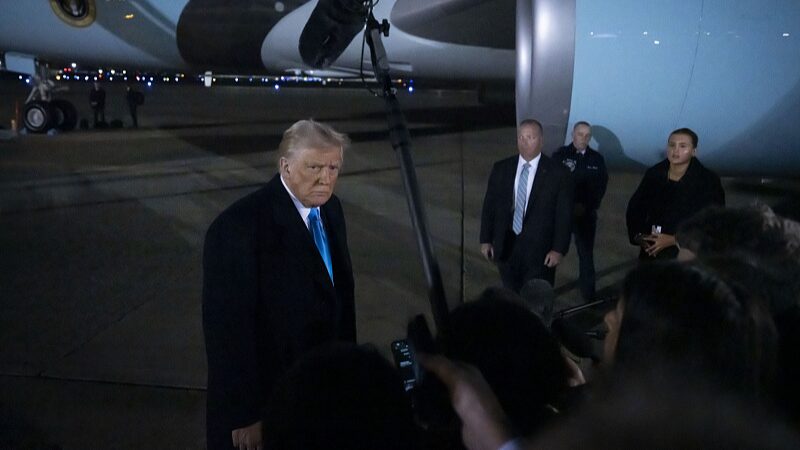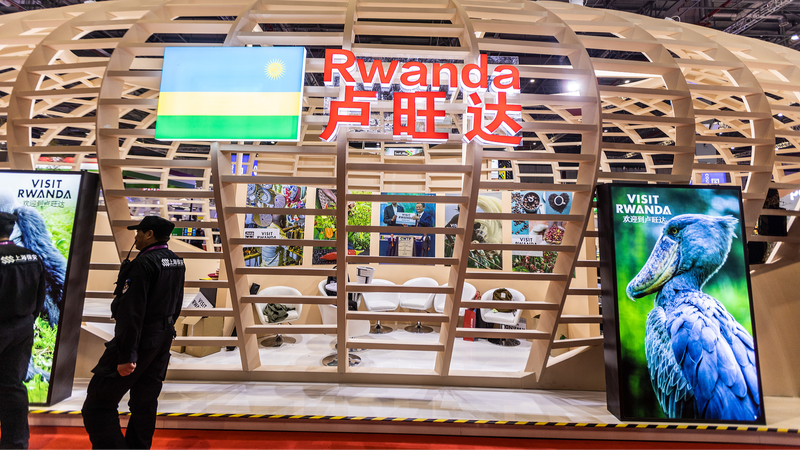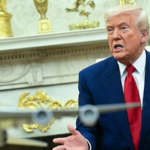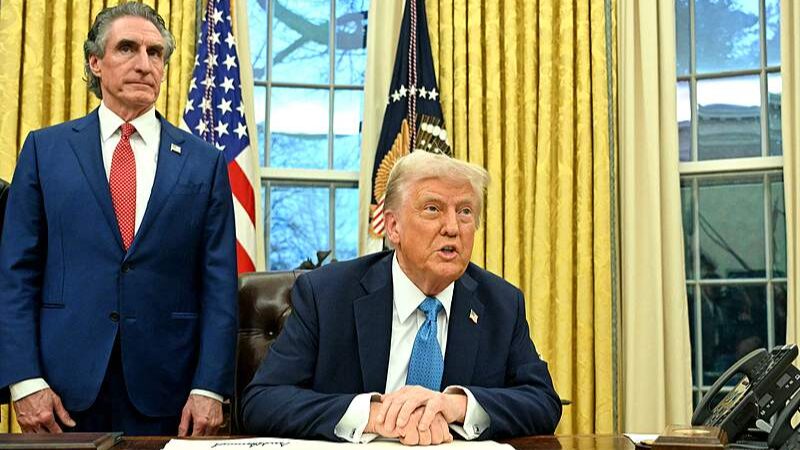In a bold rebuke to Washington's geopolitical strategy, Brazil and India have rejected U.S. demands to halt Russian oil purchases despite threats of punitive tariffs. The standoff highlights growing tensions between Western-led sanctions regimes and emerging economies prioritizing energy security and trade sovereignty.
Brazil Takes Firm Stance
Chief advisor to Brazil's president Celso Amorim declared on Saturday that the nation "will not accept conditions attached to its energy policy" in exchange for tariff relief. This follows U.S. proposals to reduce duties on Brazilian goods like coffee and meat – some exceeding 50% – contingent on reduced Russian oil imports.
"Normal trade relations should not be subject to political interference," Amorim told CNN Brazil, emphasizing opposition to unilateral sanctions not authorized by the UN Security Council. The remarks come as Washington prepares to implement new tariffs impacting $2.4 billion in Brazilian exports annually.
India Maintains Strategic Imports
Two Indian government sources confirmed to Reuters that New Delhi will continue Russian oil purchases despite U.S. threats of 100% tariffs on Indian exports. "These are long-term contracts," one official noted, explaining that abrupt changes could destabilize global oil markets.
India imports 1.75 million barrels of Russian oil daily – 35% of its total supply – taking advantage of prices below the EU's $60/barrel cap. Officials argue these purchases help maintain global price stability despite Western restrictions on Moscow.
Foreign Ministry spokesperson Randhir Jaiswal reiterated India's "steady and time-tested partnership" with Russia during Friday's press briefing, while declining to comment directly on procurement plans.
Global Energy Chessboard
The confrontations reveal shifting power dynamics in international energy markets. As U.S. lawmakers attempt to isolate Russia through secondary sanctions, major developing economies are asserting their right to pursue cost-effective energy strategies. With Brazil and India collectively representing over 1.6 billion people, their decisions carry significant weight in global commodity flows and diplomatic alignments.
Reference(s):
Brazil, India reject U.S. demands to stop buying Russian oil
cgtn.com







